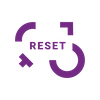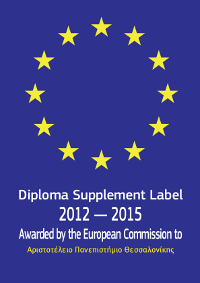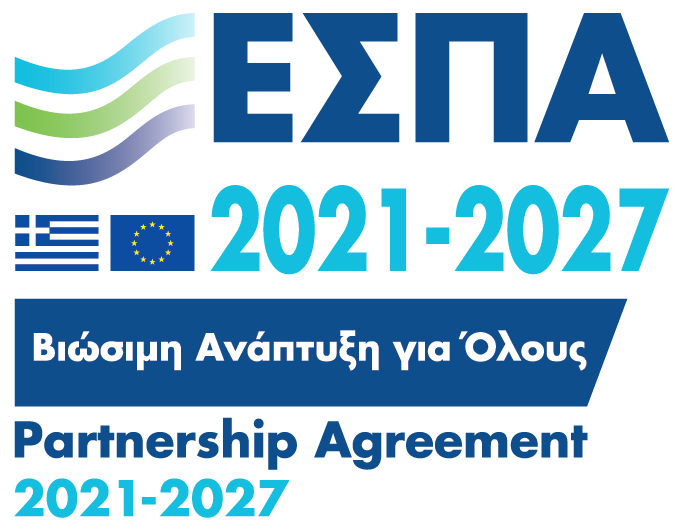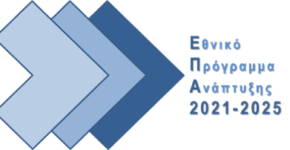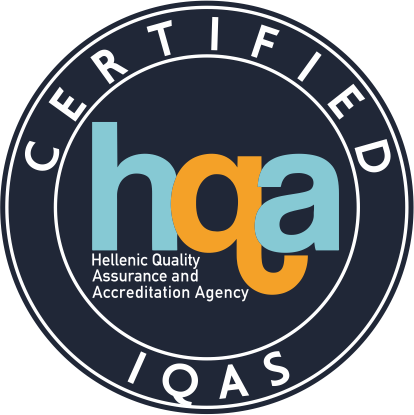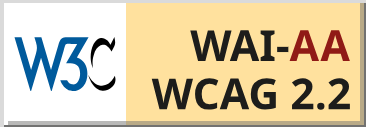The mission of the Unit is digital governance within AUTH, the utilization of Information and Communication Technologies, the simplification of processes, and the coordination of the implementation of digital transformation actions that cover all activities of AUTH and ensure the smooth and efficient operation of the administrative, academic, and research units of AUTH.
The Digital Governance Unit (DGU formerly IT Center) is responsible for the provision, maintenance, smooth operation, and continuous upgrading and adjustment of the network and computing infrastructures and electronic services of AUTH, as well as any support for users of corresponding services.
The central role in this initiative of the DGU is the dissemination, development, and support of new information and communication technologies and infrastructures at the university. At the same time, the DGU participates in related research/development projects with the goals of attracting resources, implementing applied research related to the aforementioned topics, and acquiring expertise, so that new technologies are introduced in a timely and accurate manner into the educational, research, and administrative processes.
The Unit’s scope of work includes responsibilities such as:
- Operational planning, promotion, support, and monitoring of the implementation of e-governance and the Digital Transformation Roadmap in areas related to Higher Education Institutions (HEIs),
- the analysis of requirements, design, accessibility for people with disabilities, implementation, documentation, and control of computerized applications, electronic services, and other software systems of AUTH, following the guidelines of the European and National Interoperability Framework as they apply to the exchange of data and services with other entities,
- the implementation and monitoring of an electronic document management system and its interconnection with the National Electronic Document Management System,
- the support for the educational process of degree programs and also the training programs of the Center for Education and Lifelong Learning (C.E.L.L.) of Aristotle University of Thessaloniki, which are organized using distance education methods,
- digital transparency, open governance, and the provision of open data,
- the supervision of the digitization of the records kept at AUTH,
- the proposal for the regulatory framework for the registration, identification, and electronic recognition of members of the university community for their access to the electronic services provided by AUTH, utilizing the existing central infrastructures and electronic identification services provided by the Ministry of Digital Governance and the academic identity services of Article 287 of Law 4957/2022 (A’ 141), as well as the operational management of identification and electronic recognition systems for members of the university community,
- the implementation of the digital transformation plan of AUTH under Article 227 of Law 4957/2022 (A’ 141),
- the support of the Digital Transformation Committee in performing their duties,
- the implementation of programs, initiatives, actions, seminars, informational events, and other related activities, in collaboration with public sector entities, as defined in subparagraph a) of paragraph 1 of article 14 of Law 4270/2014 (A’ 143) or social entities, with the aim of raising awareness and educating teaching and administrative staff, as well as students, regarding digital transformation and the development of their digital skills,
- the preparation of the annual report on the results from the implementation of digital transformation initiatives and development of digital skills,
- the implementation of Regulation (EU) 2016/679 of the European Parliament and of the Council, of 27 April 2016, on the protection of physical entities with regard to the processing of personal data and on the free movement of such data and repealing Directive 95/46/EC (General Data Protection Regulation, EU L 119) and Law 4624/2019 (A’ 137),
- the collaboration with the heads of the administrative, academic, and research units, the Center for Education and Lifelong Learning, and the Center for Teaching and Learning Support of AUTH, as well as with state agencies on matters that fall within the Unit’s responsibilities,
- ensuring digital accessibility to content, websites, and mobile applications provided by AUTH,
- ensuring the security of networks and services provided by AUTH,
- performing the duties of paragraph 5 of article 9 of law 4727/2020 (A’ 184) and any other duties defined in the Organization of AUTH,
- the management, maintenance, expansion, and development of the network infrastructures of AUTH,
- the management, maintenance, expansion, and development of the computing infrastructures of AUTH,
- the first-level support and training of users at AUTH, the management of the Unit’s Quality System, and the development and management of tools that support digital learning and, more broadly, its academic activities,
- the analysis of needs and the design, development, and integration/interoperability of applications for the educational, administrative, and research needs of AUTH, through which digital services are offered,
- the centralized development and maintenance of websites for AUTH and its units,
- inter-institution cooperation with European educational and research institutions and participation in trans-European research projects in the field of ICT,
- the provision of services related to the Unit’s area of interest to other national and international education and digital governance bodies,
- the collection and recording of the ICT equipment and software needs of the academic and administrative units of AUTH, as well as the standardization and coordination of the related procurements regardless of the funding tools,
- the centralized management of the equipment for the administrative staff’s workstations, computer labs, and the audiovisual equipment of the classrooms at AUTH.
The staff of the DGU consists of network, communication, and information technology technicians (full-time and part-time collaborators) and undergraduate students (trainees or part-time). The DGU is funded by the regular budget of AUTH, the Research Committee, European Union programs in which it participates, and service provision programmes to third parties in the Greek academic community.
The provision of services follows the DGU’s Service Provision Regulatory Framework. Detailed information on the IT and communication services provided at AUTH is available on the DGU website.



